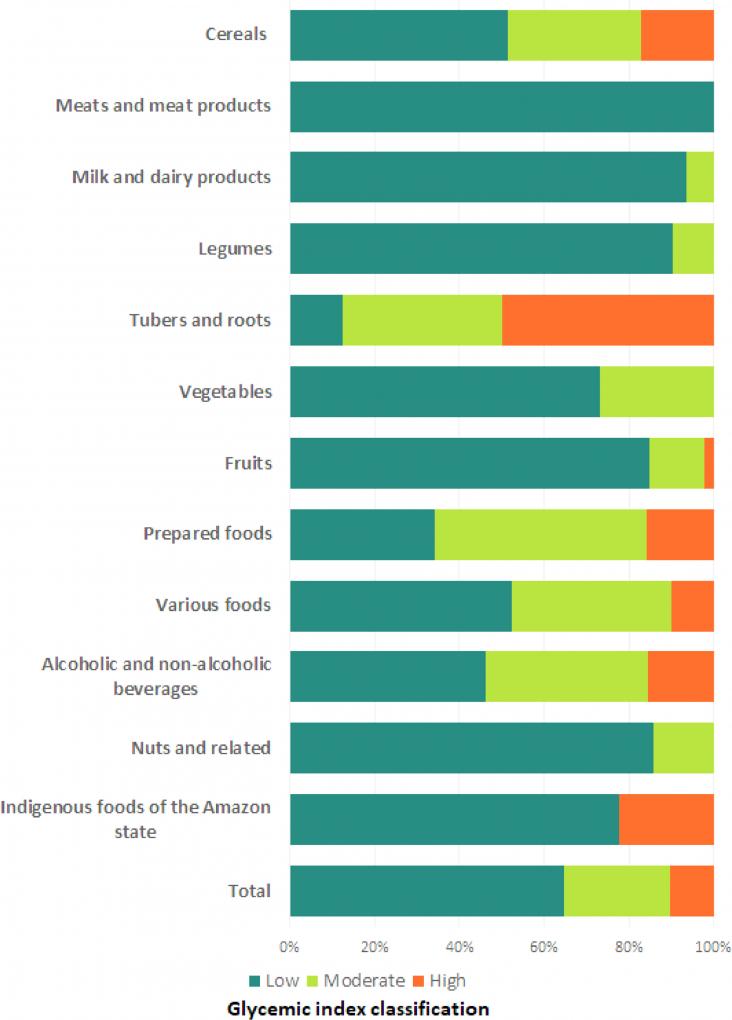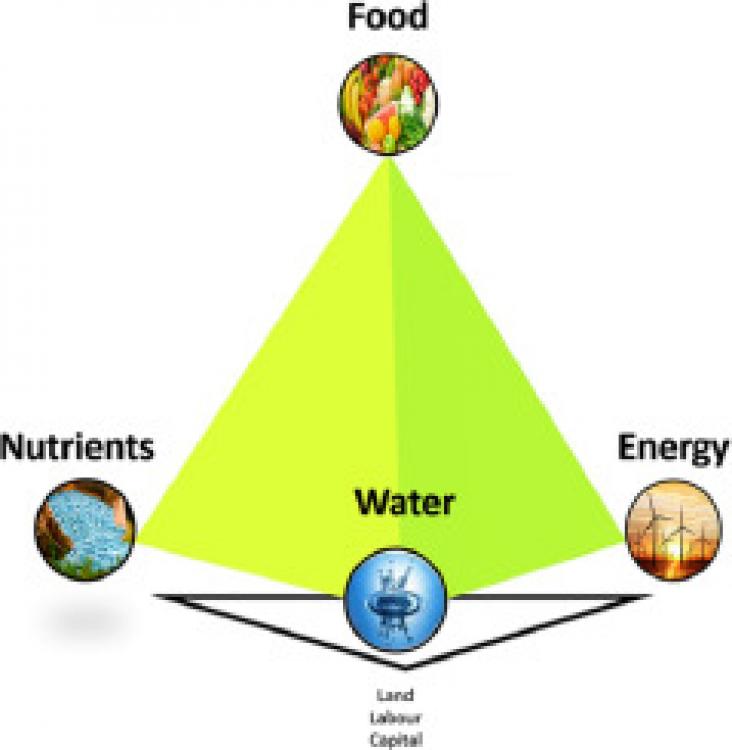An Article in support of SDGs 2, and 3, assessing the impact of incorporating dietary assessment in 10 year absolute risk charts for atherosclerotic cardiovascular disease.
Climate adaptation and mitigation strategies aim at strengthening existing food systems and infrastructure of agro-ecosystems, to make them more resilient to the effects of climate-led adversities.
This Article supports SDGs 3 and 13 by showing that plant-based beef alternatives could reduce the carbon footprint of the US food system, but highlights that reductions in other envirnmental dimensions are dependent on repurposing of resources.
Partner content
World Bank
These dashboards present data from the World Development Indicators (WDI) that help to monitor the Sustainable Development Goals (SDGs).
The objective of this paper was to upport the development of an integrated water, sanitation, and hygiene (WASH) and nutrition, social, and behavior change strategy aimed at reducing stunting, formative research was conducted in 2 program sites in western Kenya.
Concerns over the impact of global meat production and consumption patterns are leading to increasing interest in alternative sources of protein.
The Growing Resilience action-research project as detailed in this paper, aims to help support the health and food sovereignty of Wind River Indian Reservation (WRIR) communities by providing families with information for monitoring their individual health and by supporting families in improving their health by growing home food gardens.
The results of this study show that children of the USAP region as a whole would benefit from an increase in their overall intake of fruit and vegetables and developing strategies to promote a greater frequency of consumption of all F&Vs, in particular traditional fruits and vegetables prepared by traditional practices, should benefit the health of people in the Pacific.

Discussion of the addition of glycemic index values to a Venezuelan food composition database with the aim of providing a useful resource for research and clinical settings in the region.

Urban agriculture is booming. During case study Water-Energy-Food nexus research at urban farms, investigation indicated two types of ‘food’ to be relevant for urban agriculture.
